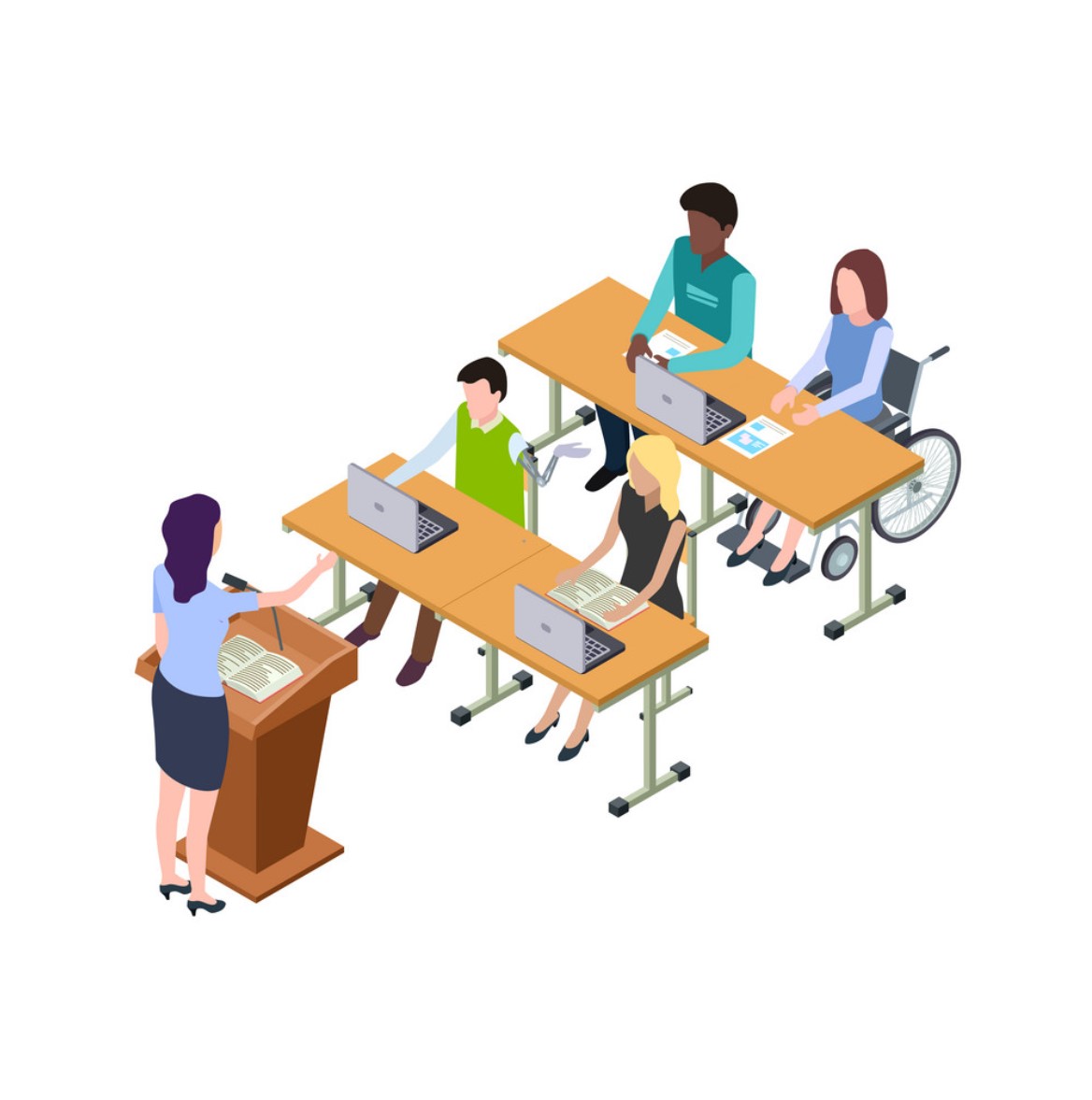Reflecting on the state of disability-inclusive education in Sri Lanka as a former teacher, it is evident through personal experience that while the country has established legislative frameworks, significant gaps remain in practical implementation. As per the Population Census of 2012, Sri Lanka’s education system reveals a concerning trend: only about three-fourths of children with disabilities aged 5-14 attend school, with attendance dropping sharply in higher education levels (Abayasekara, 2018).
According to Abayasekara (2018), it is disheartening to say that enrollment in higher education is uneven for students with visual impairments, while those with other types of disabilities are significantly underrepresented. This may be due to the lack of resources for disabilities such as hearing or speech impairments, which are less readily available than Braille learning facilities.
Looking further into this discourse, Abayasekara (2018) points out that one major concern in our education system may be the need for more special education teachers. This problem is intensified by the tendency of special education teachers to shift towards regular education due to various issues such as inadequate infrastructure, social stigma, and perceived higher status in regular education. The shortage of committed special education teachers worsens the problem of inclusivity in the education system (para. 6).
Reflecting on my journey as a teacher, I have not been provided with training to attend to the unique needs of students with special needs, and even the schools and institutions I worked with do not accept students with these needs. As someone who has been a part of this system, it is clear that Sri Lanka needs to bridge the gap between policy and practice to make education truly inclusive. This would involve not only enhancing facilities for a wider range of disabilities but also addressing the systemic issues that discourage educators from remaining in special education.
References
Abayasekara, A. (2018, December 3). How disability-inclusive is education in Sri Lanka? A preliminary look. Institute of Policy Studies of Sri Lanka. Retrieved from https://www.ips.lk/talkingeconomics/2018/12/03/how-disability-inclusive-is-education-in-sri-lanka-a-preliminary-look

Leave a Reply